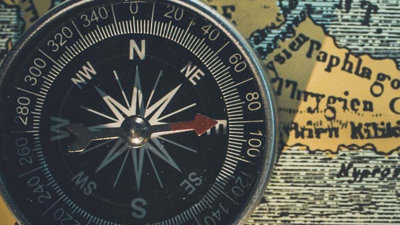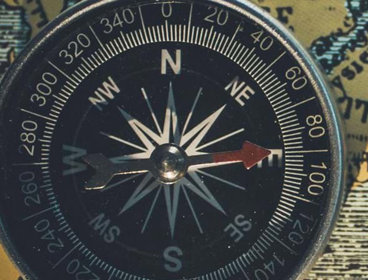Maps have long been a source of interest and intrigue. Early maps were largely pictorial and often inaccurate. Over the years maps have become more and more accurate, with the use of satellite imagery.
Although maps are now widely available online, paper maps are still highly valued. A secure understanding of maps underpins all areas of the geography curriculum.
This six-lesson unit on map skills is designed so that one lesson will be taught in each year group from years one through six. By the end of each unit, students will have covered and developed necessary skills.
The earlier lessons can be used by older pupils too, to ensure they have the baseline knowledge necessary for more advanced map reading activities. The later lessons in the sequence can also be used by younger pupils to stretch the more able.
To gain further understanding of how map skills are taught in the primary curriculum, please visit the RGS website to watch a subject knowledge animation.
This animation can be used by teachers or pupils, and explains essential map skills in a visual, clear and concise way. For more information and resources on the history of maps visit the BBC website.
Map Skills Year one
This lesson begins with pupils looking at a variety of maps, including floor maps, globes and street maps. They should be allowed to feel and touch the maps as much as possible.
The idea of four compass points is introduced, and pupils are taught to give directions. They then use photographs of the classroom to create their own 2-D plan of the classroom on paper.
Map Skills Year two
This lesson extends the idea of the map beyond the classroom to the whole school.
Pupils select locations to photograph within the school grounds. They pass these photos to another group who need to find where the photos were taken and pupils use compass points to give directions to each place.
Finally, they create a map of the school grounds with the photo locations as key landmarks.
Map Skills Year three
For lesson three pupils should learn about characteristics of the United Kingdom.
Map Skills Year four
Lesson four focuses on Ordnance Survey maps and basic map reading skills. After examining a map of the local area and discussing what they can see on it, pupils are taught to read four-figure grid references.
Pupils are also introduced to the geographical concept of scale, and map symbols. They learn why maps require the use of symbols and a map key. The lesson ends with a game of bingo using map symbols maps.
Map Skills Year five
This lesson builds on the previous lesson, but it has a greater emphasis on physical geography. Pupils learn how hills and valleys are represented on OS maps, through the use of contour lines. Building a 3-D model from contour lines helps to develop their understanding of how physical features are represented on two-dimensional maps.
Map Skills Year six
The final lesson, lesson six, further develops pupils’ use of OS maps. They learn to read six-figure grid references and practise locating the school, their house and significant buildings on a map of the local area through the use of hard-copy maps and digital maps.
They will then use their acquired skills to complete a treasure map quiz. There is also an end of unit assessment.
About the author
Following a Geography degree, Caroline Freedman trained as a secondary Geography Teacher. She has since retrained as a primary teacher but has kept her love of geography and tries to put it in its rightful place at the heart of the primary curriculum.
She has run the NQT training in Enfield for the past secen years. Caroline is a full time class teacher at The Raglan Schools in Enfield.


